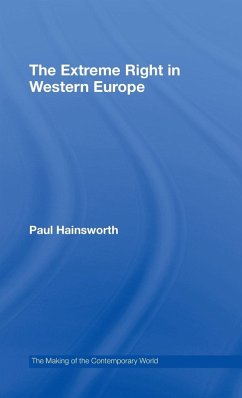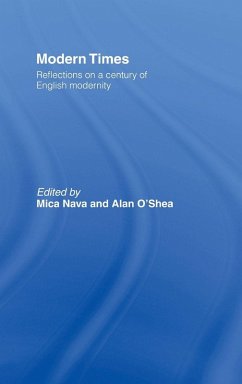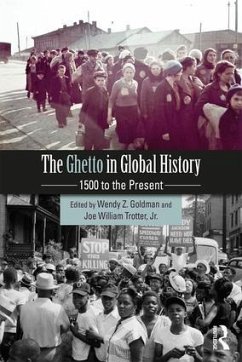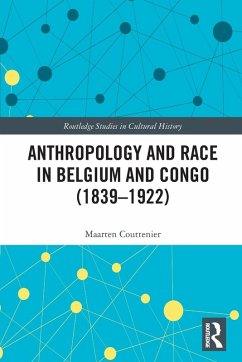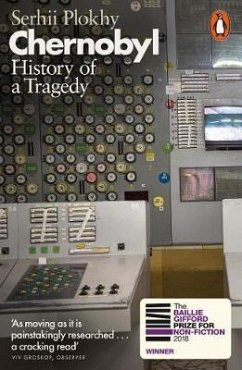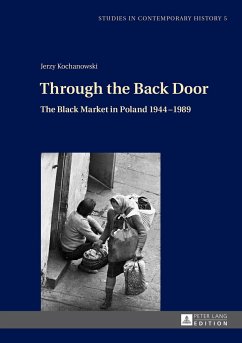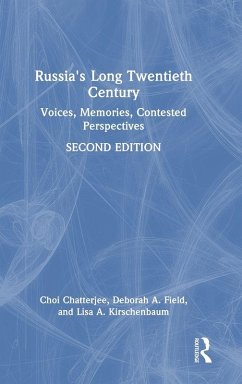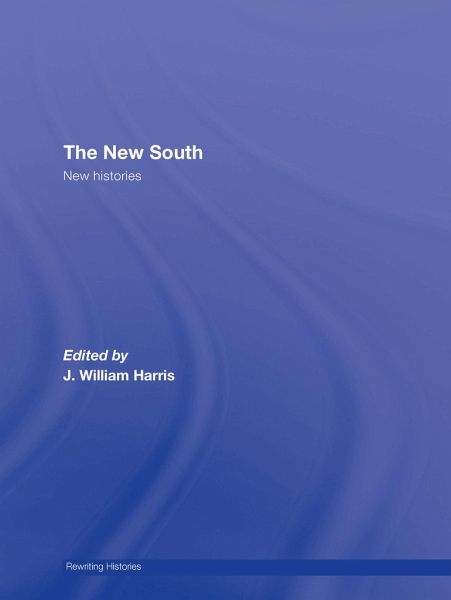
The New South
New Histories

PAYBACK Punkte
57 °P sammeln!
William Harris, the editor of Routledgea (TM)s The Old South: New Studies of Society and Culture, aims in The New South to introduce students to the historiography of this later volatile period of southern history, which starts from the racial segregation prevalent after the end of the Civil War and continues through the Civil Rights Movements of the 1950s and 1960s. For many years, this historiography centered on the writing of C. Vann Woodward. Woodward remains an important touchstone in the field, but in The New South, Harris gathers the most significant scholarship illustrating the range ...
William Harris, the editor of Routledgea (TM)s The Old South: New Studies of Society and Culture, aims in The New South to introduce students to the historiography of this later volatile period of southern history, which starts from the racial segregation prevalent after the end of the Civil War and continues through the Civil Rights Movements of the 1950s and 1960s. For many years, this historiography centered on the writing of C. Vann Woodward. Woodward remains an important touchstone in the field, but in The New South, Harris gathers the most significant scholarship illustrating the range of challenges to Woodwarda (TM)s interpretation of the South, including the importance of place, the role of women, the significance of memory, and the story of the "long Civil Rights Movement." The collection also features an introduction to the historiography of the New South, and a Guide to Further Reading.





